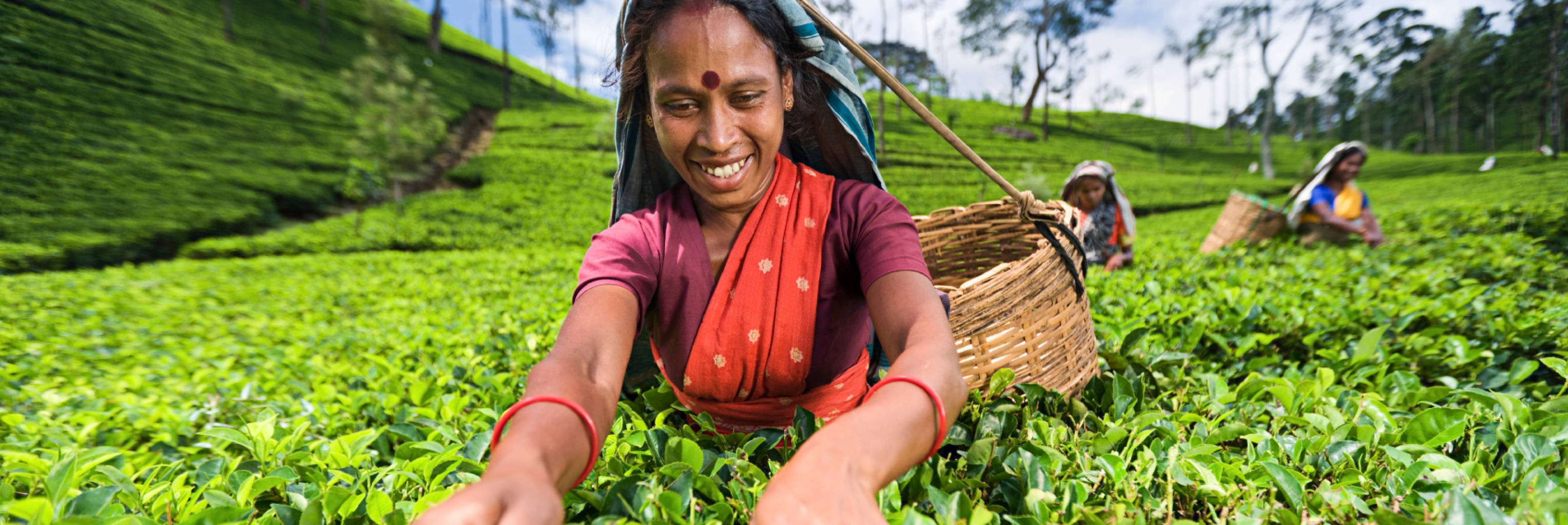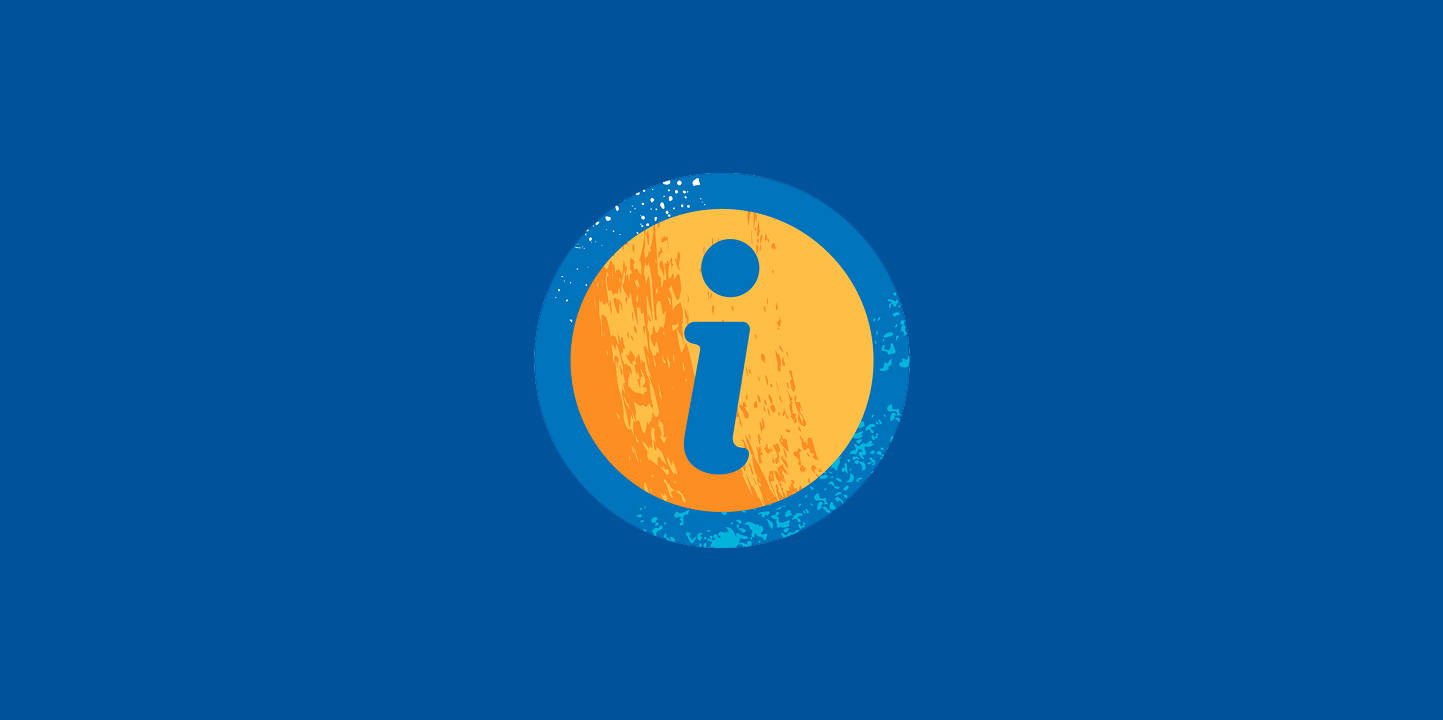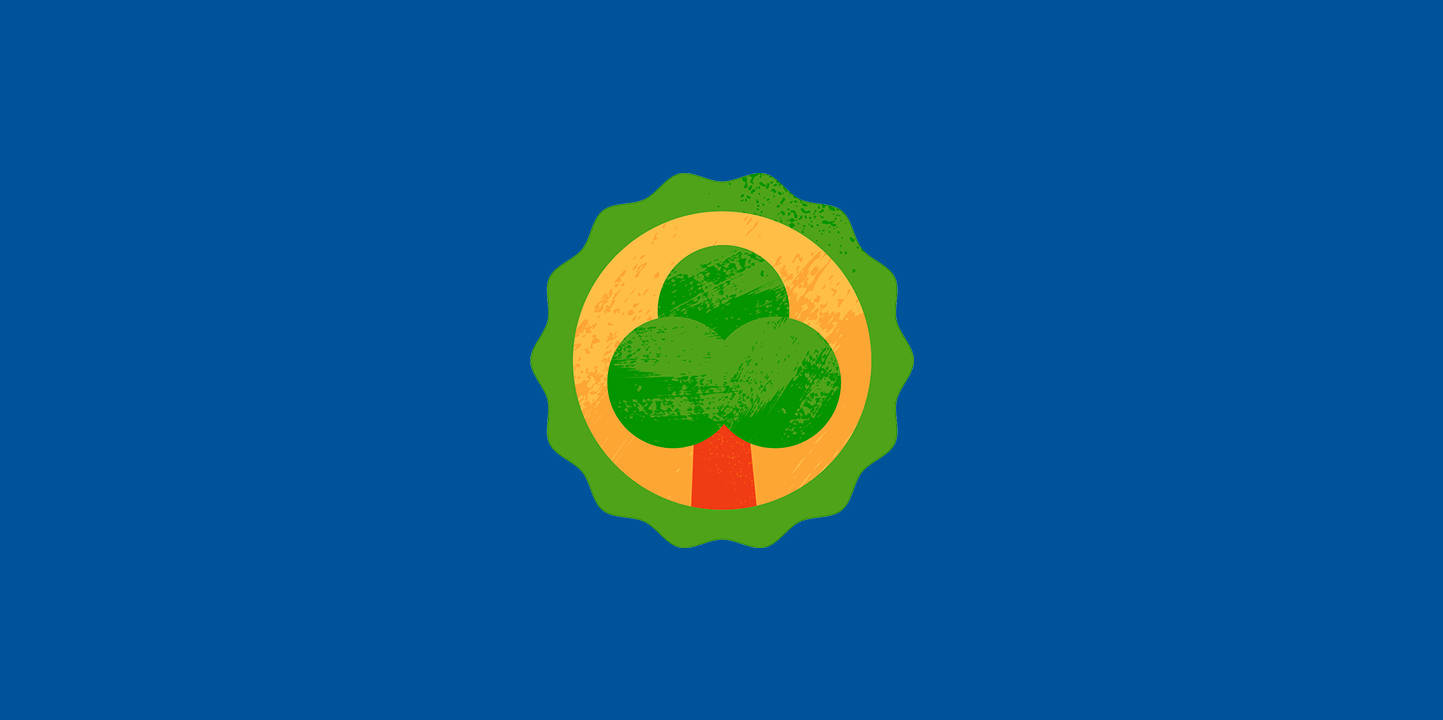Modern Slavery & Human Rights
As a retailer with global supply chains, ALDI recognises its responsibility towards acknowledging and protecting Human Rights.
Our ALDI Business Partner Sustainability Standards are contractually binding and prohibit human rights infringements, such as forced labour and child labour, as well as discrimination in any form. They also underpin workers’ rights to freedom of association and collective bargaining. Our commitments to mitigate modern slavery risks are set out further in our International Policy on Forced Labour. Find out how ALDI is committed to respecting human rights and tackling modern slavery below.
Respecting human rights
We expect our employees, management and business partners to respect human rights and to ensure that business activities comply with our commitments. Our Human Rights and Environmental Due Diligence Policy explains how we identify and mitigate human rights issues through policies, risk assessments and remediation.
We do not tolerate any form of forced labour, child labour or workplace discrimination. Our Gender Equality Action Plan integrates a gender-sensitive approach into our activities and structures. Our standards require business partners to pay workers in compliance with the local law. We also support international efforts to pay workers a living wage.
To verify that our human rights standards are upheld, all production facilities in high-risk countries and categories are required to have a valid third-party audit. These onsite audits performed by independent social compliance auditors are a key part of our Global Social Monitoring Program. We review audits and conduct remediation when necessary.
Tackling modern slavery
The International Labour Organization (ILO) and Walk Free estimate there are 50 million people living in conditions of modern slavery worldwide*. This includes approximately 41,000 people in Australia, according to the Global Slavery Index**. ALDI is committed to minimising and preventing the risk of modern slavery in our operations and supply chains.
The Modern Slavery Act 2018 requires Australian businesses with annual revenue of more than $100 million to publish annual statements on the steps they are taking to address modern slavery in their operations. The passing of this legislation was a huge step in the right direction to eliminate modern slavery in the supply chains of Australian businesses. Our statement explains our steps to prevent modern slavery and human trafficking in our business and supply chains.
ALDI’s approach toward modern slavery is based on prevention, detection, and remediation. Forced labour and the exploitation of vulnerable workers are abuses of basic human rights and have no place in our business.
You can read our Modern Slavery Statements here:
ALDI Business Partner Sustainability Standards
Our Global Social Monitoring Program monitors adherence to our ALDI Business Partner Sustainability Standards. This program promotes the continuous improvement of working conditions in our suppliers’ facilities. Production facilities in high-risk areas are required to have a valid third-party social audit such as SMETA (Sedex Members Ethical Trade Audit). If any issues are found, our team supports our business partners in the development and execution of a corrective action plan.
Australian Fresh Produce Social Monitoring Program
We have an 'Australia first' sourcing approach for our fresh produce. In the global context, Australia is a low-risk country for modern slavery. However, we acknowledge there is an increased risk of modern slavery in the fresh produce sector in Australia due to the use of labour hire providers and the increased vulnerability of temporary, seasonal, and migrant workers.
We work with our business partners to monitor compliance through our Fresh Produce Social Monitoring Program (Fresh Produce SMP) and have a continuous improvement approach to social standards. Our Fresh Produce SMP requires business partners to have third-party social audits conducted on final processing facilities. We accept Fair Farms and SMETA social audits. We collaborate with our business partners to ensure identified audit findings are satisfactorily remediated.
Global Social Monitoring Program
We have developed and implemented a Global Social Monitoring Program to monitor our business partners’ adherence to our ALDI Business Partner Sustainability Standards. When final production of a product takes place in a high-risk country and/or commodity group, the site will undergo a third-party audit report. This includes food and non-food products.
ALDI Sustainability Assessments
ALDI Sustainability Assessments (ASAs) are reviews of production facilities that are carried out by our employees together with external expert auditors and business partner representatives. The goal is to gain a better understanding of our supply chains and to foster stronger relationships with our business partners. ASAs are done on an announced, semi-announced or unannounced basis.
Corporate Responsibility Supplier Evaluation (CRSE)
Our international teams based in Hong Kong and Bangladesh evaluate the sustainability performance for all international business partners providing garment textiles, household textiles, shoes, fish and seafood in high-risk countries. The Corporate Responsibility Supplier Evaluation (CRSE) focuses on our business partners’ social and environmental compliance management systems as well as their production facilities’ sustainability performance. The evaluation supports long-term relationships with those business partners who demonstrate strong sustainability practices.
Sustainable Nut Initiative
ALDI has been an active member of the Sustainable Nut Initiative (SNI) since 2020. SNI is a pre-competitive collaboration platform that brings together key players in global nut supply chains, from processors to roasters and retailers. Through its active involvement, ALDI has developed a risk-based approach to tackling current and future sustainability issues at a sector level, as well as scalable approaches for improving traceability and sustainable farming practices. You can find out more about the work ALDI is doing in our global nut supply chains here.
Grievance mechanism projects
ALDI has introduced two avenues for workers to report human rights concerns in the supply chain:
The Centre for Child Rights and Business
The Centre for Child Rights and Business supports businesses to deliver improvements within their supply chains that benefit workers, families and children, as well as creating positive business outcomes. The Centre offers global expertise, services, support, research and insights covering a broad range of child rights and business issues across multiple countries. ALDI’s partnership with The Centre includes child labour prevention and remediation, child rights risk assessments, packages to support migrant parent workers, young workers and other vulnerable groups.
International partnerships
To make significant impact, we have established a wide range of partnerships with organisations such as suppliers, manufacturers, retailers, governments, and non-government organisations to increase our leverage and align our approaches to human rights due diligence. Find out more information on the important partnerships ALDI has for addressing human rights issues across the ALDI SOUTH Group here.
Shop responsibly with ALDI
You can shop responsibly with ALDI, knowing that we have measures in place that clearly outline human rights standards and monitor our business partners’ compliance with them.





